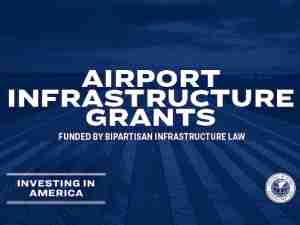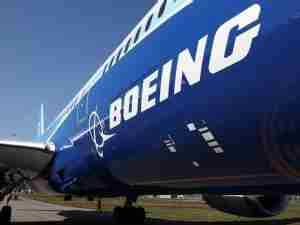By Peter A. Buxbaum, AJOT
A US Department of Transportation proposal that would have changed the rules governing international investment in US airlines is dead, at least for now. With its demise, negotiations with the European Union over an open skies agreement also gets put on hold.
Earlier this year the US House of Representatives passed a measure that would have blocked implementation of the proposed rule which would have allowed more foreign investment in US airlines. That action followed a wave of concern over homeland security that resulted in the blocking of Dubai World Ports from taking over operations of several US maritime terminals. But with action in the Senate postponed, advocates of the regulation, which would have further opened prospects for international consolidation in the airline industry, were hopeful that the protectionist mood would pass and that the proposed rule would go through.
That all come to an end earlier this month when Transportation Secretary Mary Peters announced that, ''after reviewing a multitude of public comments, including those received from Congress,' the department would withdraw the rule. 'It was clear from reviewing the comments that the department needs to do more to inform the public, labor groups, and Congress about the benefits of allowing more international investment,' Peters said, in a statement. 'We need a stronger national consensus about the best means of achieving that objective.'
There may be more at play in this latest move than protectionist inclinations, say industry experts. While opponents of the rule, such as those in organized labor, have said the changes could compromise US security and cost jobs, the withdrawal of the rule may also represent an administration maneuver to jockey for a better negotiating angle with the Europeans with regard to access for US airlines at European airports as well as government subsidies of national airlines.
The now-defunct DOT rule would have redefined the legislative requirement that US airlines be under the "actual control" of US citizens. Current US law requires that two-thirds of directors and officers of US airlines be US citizens and that 75% of voting shares be held by US citizens. The proposed DOT rule would have required that only decisions involving participation in the Civil Reserve Air Fleet, which diverts civilian aircraft for military transport when necessary, be under the control of US citizens.
'A beleaguered financial past'
The latest development is a setback for the US air cargo industry, at least in the short term. 'We encourage foreign investment in US carriers, especially those that need help financially,' said Brandon Fried, Executive Director of the Airforwarders Association, a Washington-based industry group. 'We want to keep as many carriers within the US flying as possible and to have US carriers have as much access to European cities as they have to ours.'
From the perspective of air freight forwarders, more airlines means more carrier options, according to Fried. 'The US airlines have a beleaguered financial past,' he noted. 'We advocate any type of investment that keeps them strong and on a solid financial footing. If we lose passenger airlines due to financial default, that means less options for air freight forwarders to move cargo, and that ultimately hurts the American economy.'
The continued restrictions on foreign investment in US airlines means that industry is out of synch with the liberalized regimes prevalent elsewhere, according to Satish Jindel, a Pittsburgh-based transportation consultant. 'You have foreign countries allowing complete foreign ownership of airlines,' he said, pointing to the merger of Air France and KLM as an example. Alitialia is also looking for a buyer, he added.
'The way things stand now, you cannot expect foreign airlines to invest in the US industry because it would be an investment without the ability to influence what happens to the inv







